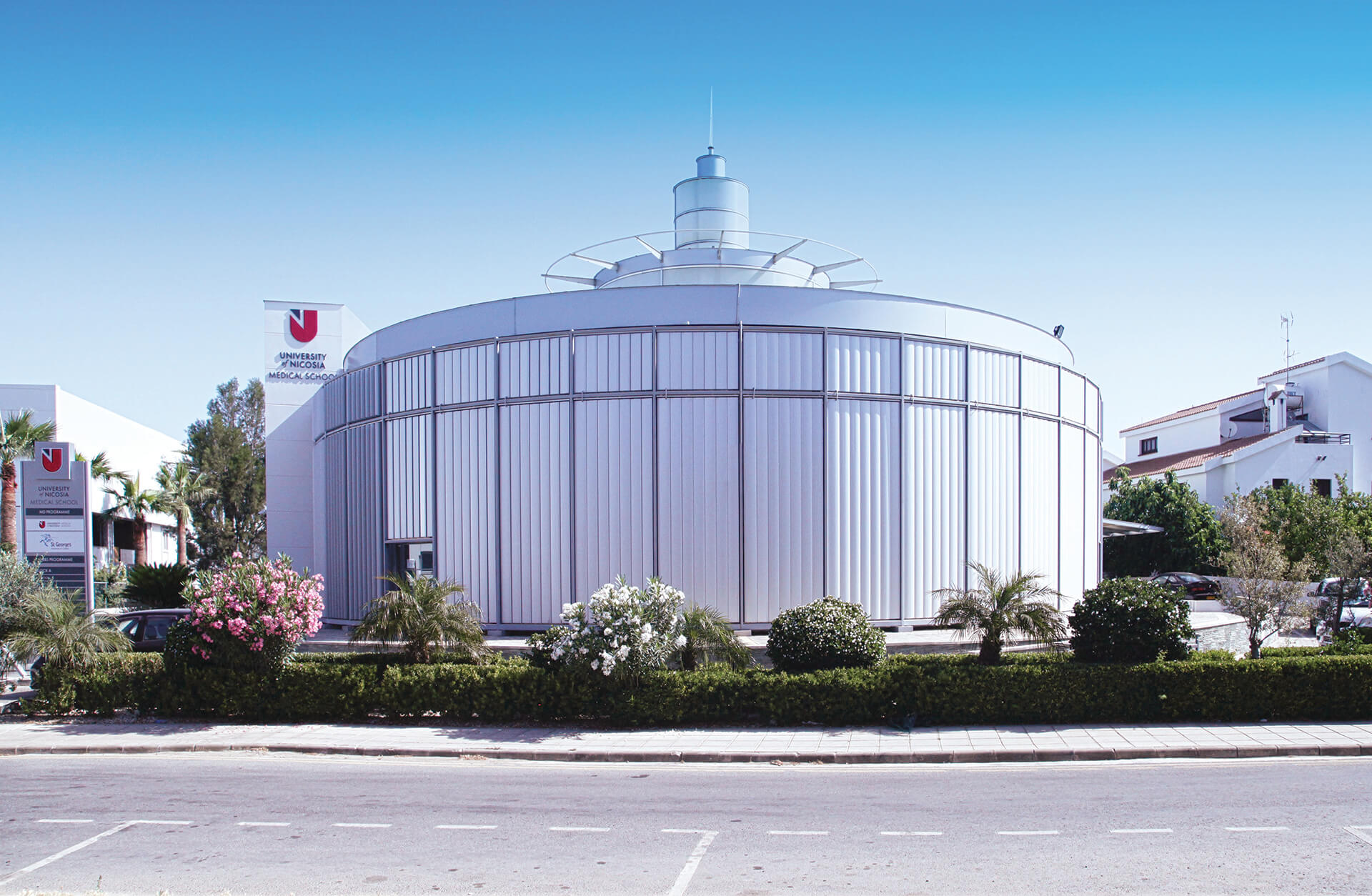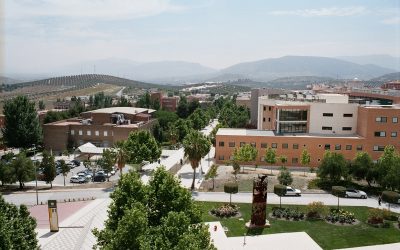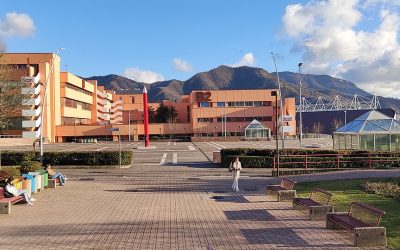Over the past four years, the University of Nicosia (UNIC) has firmly established itself as a leading voice in European higher education through its active involvement in 79 EU-funded projects. These initiatives span areas such as digital transformation, environmental sustainability, inclusive education, and mental health—solidifying UNIC’s reputation as a forward-thinking, impact-driven institution.
Key Insights at a Glance
- Total projects: 79
- Coordinator roles: 11
- Beneficiary roles: 68
- Average project duration: ~956 days (≈ 2 years and 7 months)
- Average number of participants per project: ≈ 7
- Status breakdown:
- Completed: 36 projects
- In Progress: 43 projects
This dynamic portfolio highlights UNIC’s consistent engagement with transnational academic networks, research ecosystems, and collaborative efforts to address some of Europe’s most pressing challenges. From digital innovation to inclusive teaching, UNIC has embraced the EU’s vision of resilient, future-ready education.
Among the most recent initiatives, several projects stand out for their innovative use of technology and their strong commitment to social impact.
- ViR-Med (2024) revolutionizes clinical education by using Virtual Reality and AI to enhance students’ communication skills via immersive simulations.
- HAWKING (2023) addresses digital inclusion for students with disabilities in the Western Balkans, developing accessible pathways between secondary and higher education.
- DIGI4ECO (2024) deploys real-time ecological monitoring through a Digital Twin framework to restore marine ecosystems using harmonized, high-frequency data.
- MindGuard (2024) applies Artificial Intelligence and Extended Reality (XR) to improve mental health support systems for students and faculty through experiential learning environments.
- GreenEDU (2024) empowers higher education institutions to close the skills gap between academia and the green economy by integrating sustainability education with Mobile Augmented Reality (MAR), fostering future-ready, environmentally conscious graduates.
These projects reflect UNIC’s strategic commitment to advancing digital competence, equity, environmental responsibility, and student well-being across Europe.



